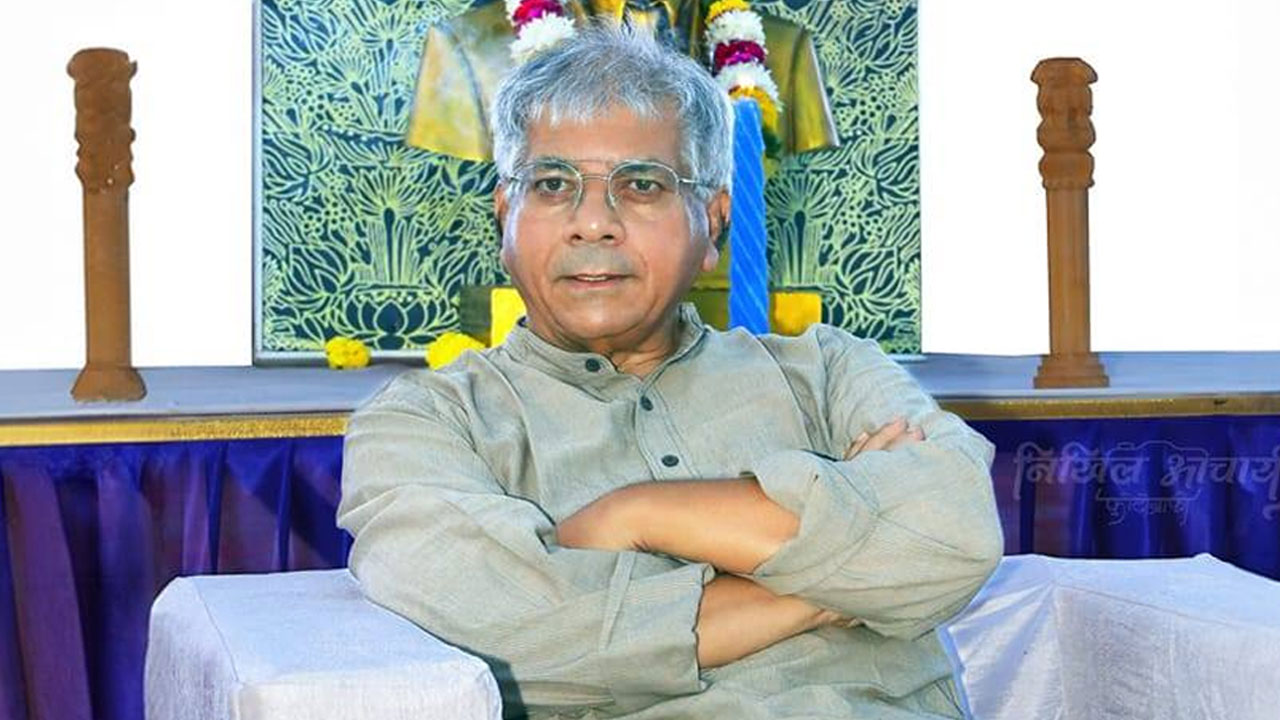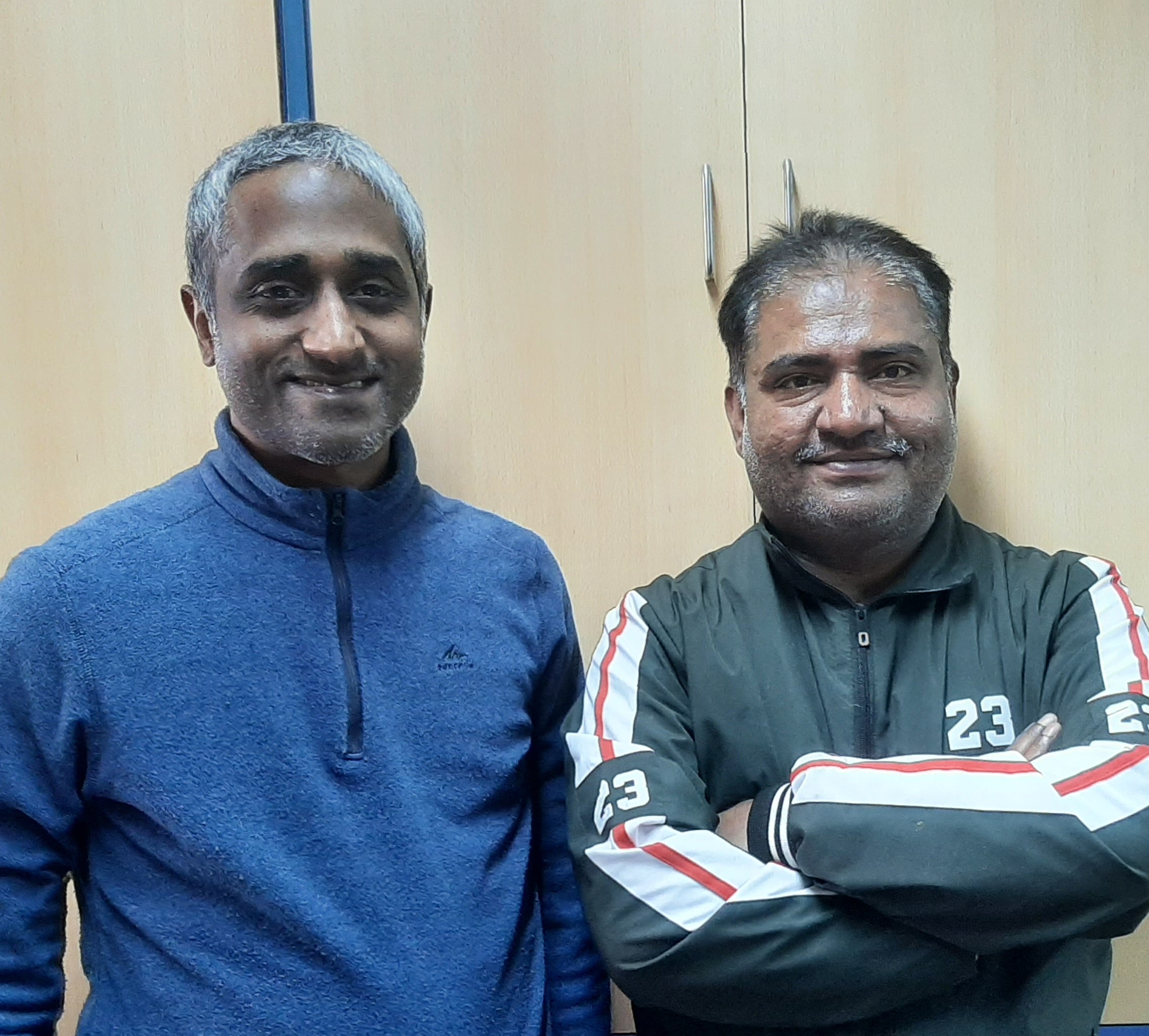Prakash Ambedkar, president, Vanchit Bahujan Aaghadi (VBS), spoke to FORWARD Press about the judgment the Supreme Court delivered on 1 August 2024 on The State of Punjab vs Davinder Singh case in which the bone of contention was the right of the State to subdivide the Scheduled Castes reservation quota:
What is your first reaction to the judgment on the subcategorization of Scheduled Castes (SCs) and Scheduled Tribes (STs), pronounced by a seven-judge bench of the Supreme Court?
We oppose this judgment as it is not clear on how the subcategorization will be done.
The bench has sought subcategorization of the SCs despite the fact that they still have a relatively low representation in services under the government and in higher education. Also, the backlog in recruitment against reserved posts persists. Your take?
If the entire reserved quota was getting filled up, which caste got what share could have been an issue. But currently, not even 50 per cent of the quota is being filled up. Then how can you say that this community has got so much and that community hasn’t got anything. There should be some basis. The Supreme Court judgment does not have a leg to stand on. It is just bluff and bluster. Had the judgment been based on facts, we would have appreciated it. But when a judgment is divorced from facts, it triggers suspicion and raises questions. In the Indra Sawhney case, a nine-judge Supreme Court bench had ruled that the creamy layer formula cannot be applied to the SCs and STs. But this seven-judge bench has indirectly suggested application of the creamy layer norms to SCs and STs. A five-judge bench of the top court, in its judgment in E.V. Chinnaiah vs. State of Andhra Pradesh case, had stated the correct constitutional position. According to the Constitution, the power to decide on inclusion and exclusion of castes from the SC-ST lists rests with Parliament. This is the correct interpretation of the Constitutional provisions. As for social justice, it is not about a particular class or section. Social justice is for everyone in the country, nationally. If we talk about the judiciary, let alone SCs, STs and OBCs, even all Savarna castes don’t have proportional representation in it. So, how can you say that you will subdivide quota for one community and won’t do it for another community? It is a question of equality before law in Article 14. I think that this judgment has brought to the fore many issues, which will be discussed. Secondly, instead of resolving, the judgment has only served to obfuscate.

Don’t you think that following this judgment, the states will initiate contentious moves and the issue would come up before a larger bench as had happened in the case of Kesavanand Bharati vs The State of Kerala that was adjudicated by a 13-judge bench?
The thing is that the State has no powers vis-à-vis SCs and STs. The Parliament has the powers, the state assemblies don’t. The Constitution gives zero powers to the State in this matter. So, when the judgment says that the State can subdivide the quota, it goes against the Constitution. That is why I said that the judgment has obfuscated the subject instead of clarifying. As for the State (central government) taking any initiative to challenge it before a larger bench, I think that as the judgment serves its interests, it won’t.
The Supreme Court has said that empirical data – defined in terms of representation in government jobs – should be the basis for the subcategorization. But how does that reflect representation in higher education – in teaching positions and among students?
You see, currently, the census forms do have a column for listing the caste of the persons belonging to SCs. But it is not published. What is published is the total number of SCs and what percentage they form in the total population. So, what is the population of Chamars? What is the number of Valmikis? These are not made public. The Election Commission does have data on the population of castes and subcastes but it is not in the public domain. Now since it is not in the public domain, you can’t decide which caste has progressed and which hasn’t. That is why I say this judgment is not based on data.
The top court has refused to consider the SCs as a homogenous group. But at the social level, they do share the scourge of untouchability. Don’t they?
Yes. They share the stigma of untouchability. There can be no two opinions about it. This is another flaw in the judgment.
The Supreme Court has ruled that subcategorization of SCs is distinct from the exclusion or inclusion of castes in the list of SCs, which can be done only by Parliament. What is your view on this?
That is precisely what I am saying. When the State doesn’t have the right (to include or exclude castes), then how can you give it the right to subcategorize. So, it is not correct to let the State fix subquotas. The State does not have the right to fix subquotas. As far as SCs go, the Constitution has kept the State out of its purview.
Justice B.R. Gavai, who is himself a Dalit and was a member of the seven-judge bench, has talked about creamy layer among the SCs. Do you think his comment is based on his personal experience? And also whether the provision for quota for SCs in the Constitution has been abused to such an extent?
When he was appointed as a judge, his father had already served as Speaker and Governor. He should have written in his judgment that he himself is in the creamy layer. He should first enforce his judgment on himself.
How would this judgment impact the Ambedkarite movement, the struggle against Brahmanism and Dalit politics?
You see, Ambedkarism is no longer confined to the government services. It has expanded. It has spread to all sections. That is why it can survive on its own.
Justice Mittal, quoting what Krishna says in the Gita, has written that casteism is a distorted form of brahmanical beliefs. According to him, ancient Brahmanism was caste-free and that the Constitution has given us an opportunity to build a caste-free society again and also that reservation should be sparingly used. Don’t you think Justice Mittal’s conclusion smacks of an upper-caste, brahmanical stand on social justice, which is patently unjust?
He [Justice Pankaj Mittal] associates himself with the Vedic religion and tries to defend it. He should say that Manusmriti is illegal. He should gather the courage to get the statue of Manu on Rajasthan High Court premises removed.
Will this judgment impact the issue of subcategorization of the OBCs, for which the Rohini Commission was set up?
Reservation has been given to the OBCs under Article 340 and the list of backward classes prepared under that provision can also be challenged. But the list itself does not fall within the Constitution and so the State has the power (to amend it).
Last question. Will all Dalit parties join hands to protest on this issue and will you join such a protest?
Of course. I think the likes of Mayawati and Chandrashekhar Azad in Uttar Pradesh should sit down and decide on the way ahead. The likes of Chirag Paswan and Ramdas Athavale should decide whether they want to continue to be a part of the government. As for our party, we are already fighting. And if everyone agrees, we are ready to lead this struggle.
(Translated from the original Hindi by Amrish Herdenia)
Forward Press also publishes books on Bahujan issues. Forward Press Books sheds light on the widespread problems as well as the finer aspects of Bahujan (Dalit, OBC, Adivasi, Nomadic, Pasmanda) society, culture, literature and politics. Contact us for a list of FP Books’ titles and to order. Mobile: +917827427311, Email: info@forwardmagazine.in)





